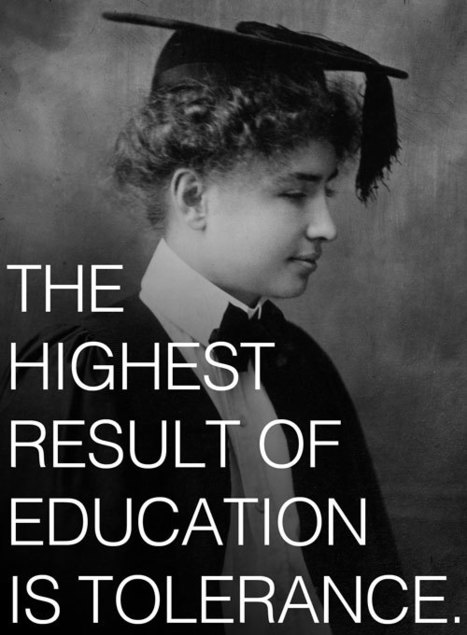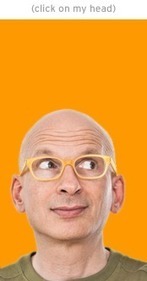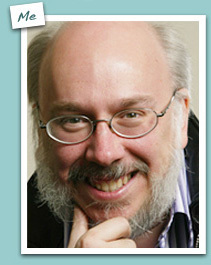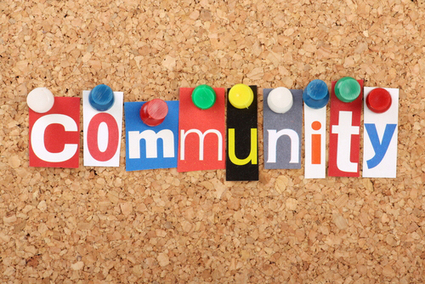"Doubt and mistrust are the mere panic of timid imagination, which the steadfast heart will conquer, and the large mind transcend."
Decades before the dawn of the positive psychology movement and a century before what neuroscience has taught us about the benefits of optimism, Helen Keller — the remarkable woman who grew up without sight and hearing until, with the help of her teacher Annie Sullivan, she learned to speak, read, write, and inhabit the life of the mind with such grace and fierceness that made her one of history’s most inspired intellectual heroes — penned a timeless treatise on optimism as a philosophy of life. Simply titled Optimism(public library; public domain), it was originally published in 1903 and written — a moment of pause here — after Keller learned to write on a grooved board over a sheet of paper, using the grooves and the end of her index pencil to guide her writing.
Get Started for FREE
Sign up with Facebook Sign up with X
I don't have a Facebook or a X account
 Your new post is loading... Your new post is loading...
 Your new post is loading... Your new post is loading...

Shaz J's comment,
September 3, 2012 3:20 AM
You're welcome :)
It's interesting interesting that you mention POV and stance, as that is not something I had explicitly articulated for myself, but naturally it must be implicitly true. In that sense, it reminds me (again) that curation forces self-reflection in order to present the content better, and that can only be a good thing. 
Liz Renshaw's comment,
September 8, 2012 9:57 PM
Agree with posts about curation guiding self reflection. This interview in particular is top value and two of my fav people indeed.

Andrew McRobert's curator insight,
August 19, 2014 8:43 AM
8. This links a series of three interviews quite lengthy but there is some insightful information for the novice in the digital information age. There is video links within the article, including a great question and answer with Robin Good on curation. The video brings a balance to this inclusion. |

Fanny Figols's curator insight,
February 16, 2015 3:18 AM
Connect, Share, Communicate this is how "Personal Learning Network" is defined. But if the point is to be in touch with people, is it accurate to use the word "Personal" ?

Gust MEES's curator insight,
January 26, 2013 6:42 AM
A MUST read!
===> A high-impact school is a community of practice in which learning, experimentation, and reflection are the norm. <===
Read also:
- https://gustmees.wordpress.com/2013/01/23/is-your-professional-development-up-to-date/
- https://gustmees.wordpress.com/2012/07/28/how-to-prepare-for-giving-a-good-course/
Bryan Kay's curator insight,
October 25, 2015 6:54 PM
I chose this resource to provide a better understanding on teacher issues.
I chose this resource to use for motivation or general ideas to become a better principal and educational leader.
School culture is an important part of the success for teachers and leaders. |
















Decades before the dawn of the positive psychology movement and a century before what neuroscience has taught us about the benefits of optimism, Helen Keller — the remarkable woman who grew up without sight and hearing until, with the help of her teacher Annie Sullivan, she learned to speak, read, write, and inhabit the life of the mind with such grace and fierceness that made her one of history’s most inspired intellectual heroes — penned a timeless treatise on optimism as a philosophy of life. Simply titled Optimism(public library; public domain), it was originally published in 1903 and written — a moment of pause here — after Keller learned to write on a grooved board over a sheet of paper, using the grooves and the end of her index pencil to guide her writing.
A MUST READ!